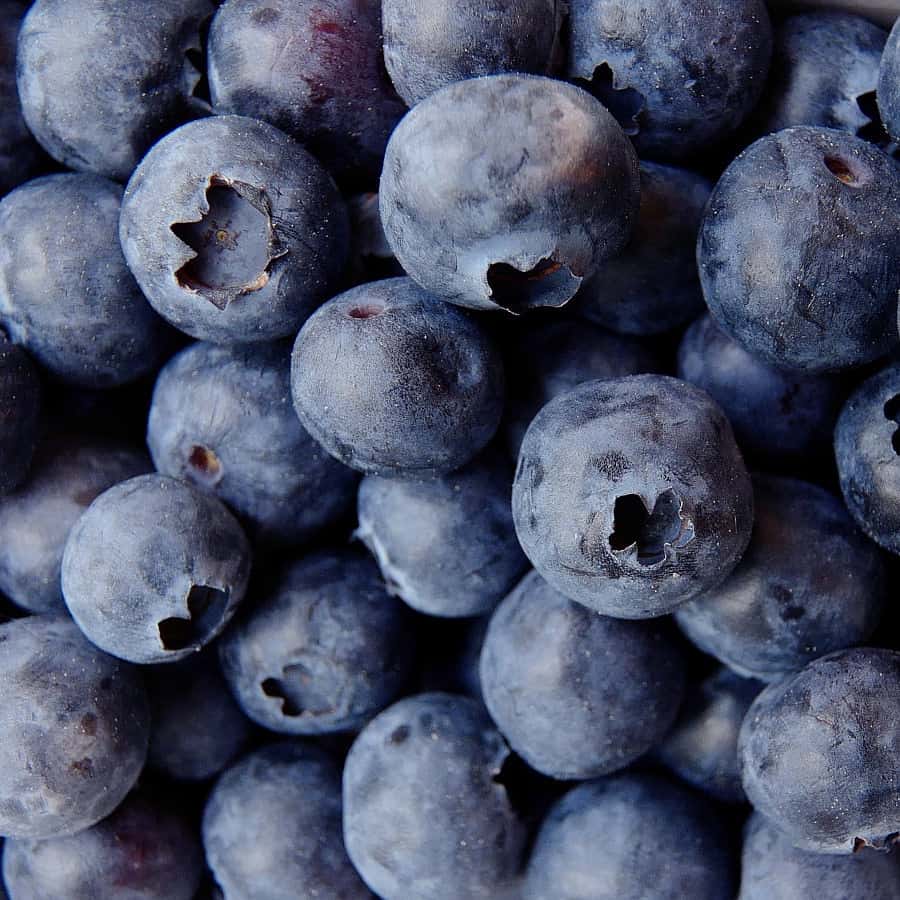
A cup of blueberries a day could be a tasty way to combat metabolic syndrome. In this condition, extra fat in the abdomen makes the waist larger. Elevated blood pressure, high cholesterol and insulin resistance also signal metabolic syndrome. Scientists have linked this common problem to a higher chance of cardiovascular complications. The late Gerald Reaven first identified this complex of risk factors and dubbed it “Syndrome X” (Diabetes, Dec. 1988). He later changed the term to metabolic syndrome. Approximately one third of American adults can be classified as having this condition (Endotext [Internet], Feb. 11, 2009).
Can You Combat Metabolic Syndrome by Eating Blueberries?
In theory, people can combat metabolic syndrome by exercising, following a sensible diet and losing weight. In practice, however, doctors have had difficulty helping patients change their behavior to lower their risk for heart disease, diabetes, polycystic ovary syndrome (PCOS) and non-alcoholic fatty liver disease (NASH). That’s why scientists at the University of East Anglia in the UK are excited about their study of more than 100 individuals with metabolic syndrome (American Journal of Clinical Nutrition, June 1, 2019).
The Blueberry Study:
These people took either freeze-dried blueberries or a purple placebo powder daily for six months. The dose was 26 g of blueberries, 13 g of blueberries plus 13 g placebo powder or 26 g of placebo. The highest dose is equivalent to one cup of fresh blueberries. It contains 364 mg of anthocyanin, the purple pigment in the fruit. The investigators suggested using this powder in a smoothie, adding it to cereals or yogurt, incorporating it into banana toast and adding it to salads. Volunteers got to choose how they would take their daily dose.
The Results:
The treatment had no effect on insulin resistance or blood pressure, but people getting the high dose had better blood flow and higher HDL cholesterol values. Their blood vessels were more flexible. The authors suggest that this may be due to nitric oxide production from the anthocyanin. In addition, they believe that, while blueberry consumption is not a panacea, it may help combat metabolic syndrome.
They conclude:
“The simple and attainable message to consume 1 cup of blueberries daily should be given to those aiming to improve their CV [cardiovascular] health.”
Citations
- Reaven GM, " Banting lecture 1988. Role of insulin resistance in human disease." Diabetes, Dec. 1988. DOI: 10.2337/diab.37.12.1595
- Lam DW & LeRoith D, "Metabolic syndrome." Endotext [Internet], Feb. 11, 2009.
- Curtis PJ et al, " Blueberries improve biomarkers of cardiometabolic function in participants with metabolic syndrome—results from a 6-month, double-blind, randomized controlled trial." American Journal of Clinical Nutrition, June 1, 2019. https://doi.org/10.1093/ajcn/nqy380

